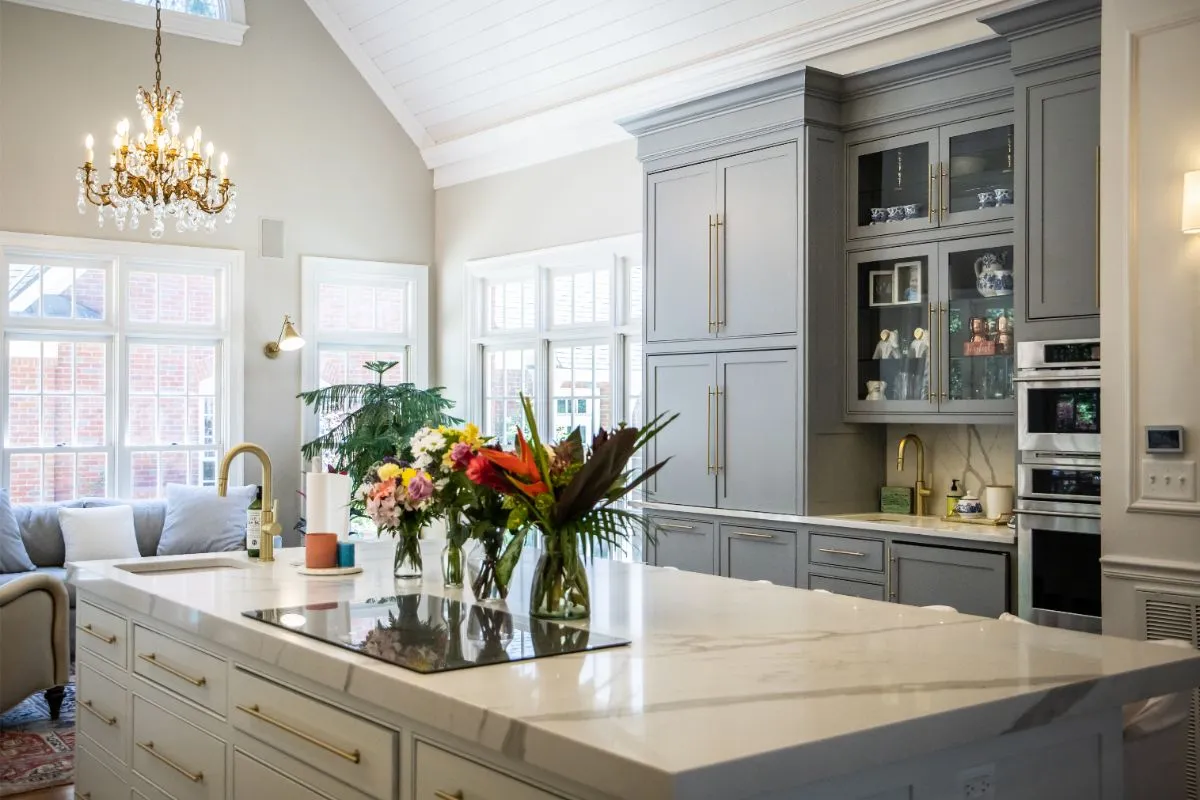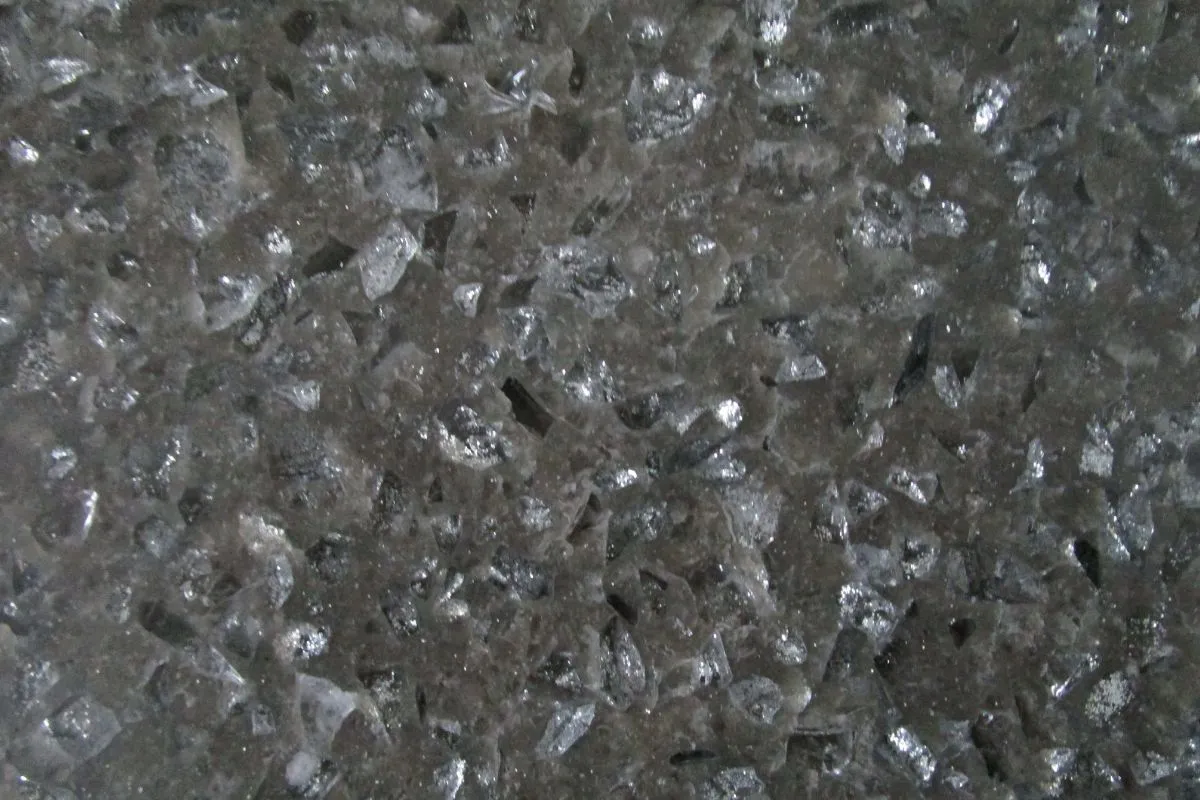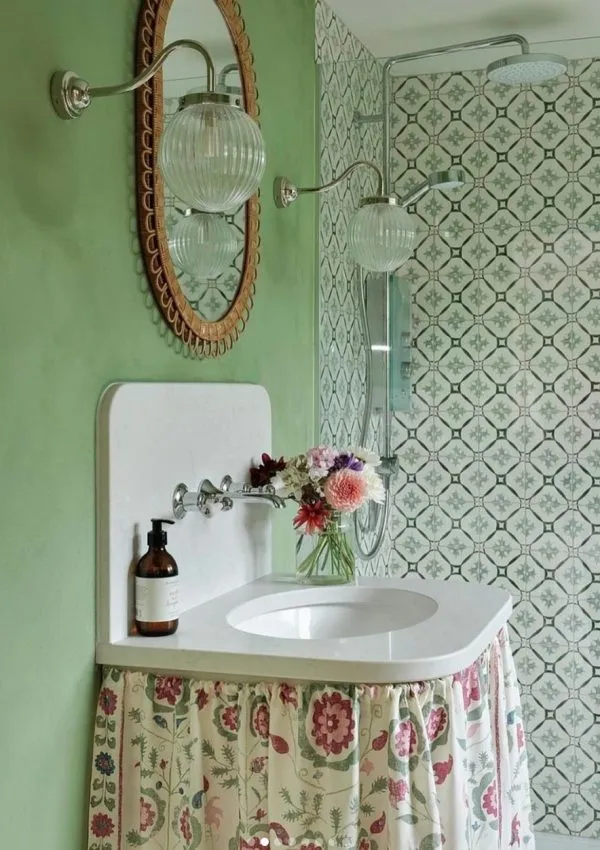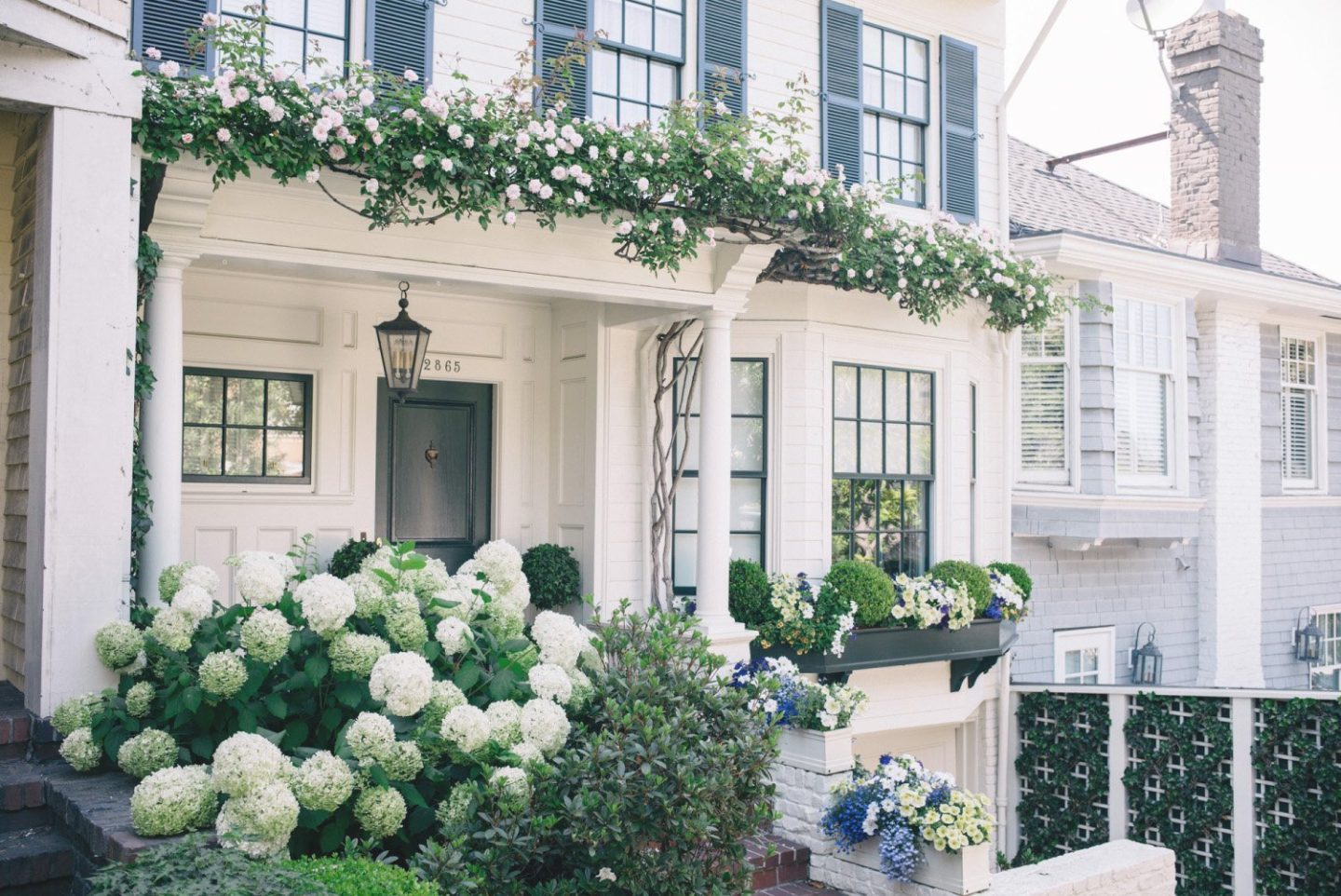In this guide comparing marble vs quartz, we take a closer look at these two materials and discuss their differences so you can decide which is the best option for you. Choosing the perfect countertop for your kitchen is a big decision. After all, it’s one of the most expensive purchases you will make for your home! If you’ve got the budget for it, then choosing a luxury material like marble or quartz can really take your kitchen design to the next level. But which material should you choose?
Marble vs Quartz Countertops
Both marble and quartz countertops will add charm to your kitchen and make the space feel more luxurious. These two materials are, however, very different, and each one features unique qualities.
The best way to determine the right type of countertop material for your needs is to consider composition and features. Let’s take a closer look at the main differences between marble and quartz countertops.
What Are Marble Countertops?

Marble countertops are made from natural marble stone. This stone has been used in buildings and structures for centuries, and some of the most famous sculptures created by artists like Michelangelo were crafted from marble.
This metamorphic rock is harvested all over the world. Beacuse of this, it can vary in colour based on its origin.
Marble comes in an array of colours like white, blue, pink, and grey, and high-quality marble can also have some translucent qualities. Its unique natural beauty is what makes it so popular in upscale homes.
Marble is not a scarce material. However, it does cost a lot to harvest the stone slabs from the earth and to cut and shape them into usable materials. Due to the high labour cost of these materials, marble is mostly used for decorative purposes in building interiors, as tiling for floors, wall surfaces, countertops, and decorative elements like columns or arches.
Advantages of Marble
- Marble slabs are unique because they are produced through natural geological processes
- Marble countertops are available in a range of colours and patterns
- Each marble countertop is completely unique in pattern and colour
- Marble is considered one of the most beautiful natural stone types
- Marble is very strong and heat resistant
- It is highly durable
- Marble is considered a luxury material and tends to increase property values
Disadvantages of Marble
- Marble is porous and can easily stain
- The surface needs to be coated to protect it from staining
- Acidic materials or liquids can make the stone fragile
- Marble can easily crack if it isn’t installed correctly or upon impact
- The surface can be scratched by knives or kitchen appliances
What Are Quartz Countertops?

Quartz countertops are primarily made of engineered stone composed of crushed quartz, resins, and pigments. The process of making quartz countertops involves combining approximately 90-95% ground quartz crystals with 5-10% resins, polymers, and additives. Here’s a breakdown of the main components:
- Quartz Crystals: Quartz is a naturally occurring mineral and one of the hardest substances on Earth. It is typically mined in the form of large crystals or extracted as sand. The quartz crystals used in countertops are crushed into small granules or fine powder.
- Resins: The crushed quartz is mixed with resins, usually polyester or epoxy, to bind the crystals together and create a solid surface. The resins also provide strength, durability, and resistance to staining.
- Additives: Various additives may be included in the manufacturing process to enhance the physical properties of the countertop. These additives can include pigments for coloration, antimicrobial agents to inhibit the growth of bacteria, and other substances to improve the overall performance of the material.
Once the quartz, resins, and additives are mixed together, the resulting mixture is poured into molds and compressed under high pressure. It is then cured in a kiln or oven to harden the resin and create a solid slab. Afterward, the slab is polished to achieve the desired finish, which can range from a glossy shine to a matte texture.
The composition of quartz countertops offers several advantages, including high durability, resistance to stains and scratches, and a wide range of colors and patterns.
Quartz is a popular choice for kitchens, and it is often used as bathroom countertops because it’s highly resistant to acidic substances, it offers good water resistance, no special cleaners are required, and it isn’t easily damaged.
Advantages of Quartz
- Quartz countertops are more consistent in pattern and design than marble
- There are various quartz countertop options because quartz comes in several colors and designs
- Quartz can be engineered to look like natural stone
- White quartz countertops can look similar to natural marble
- Quartz doesn’t need to be sealed
- It’s not as porous as marble and is much more stain-resistant
- Quartz doesn’t easily crack or chip
- Quartz surfaces tend to be easier to restore than marble
- The countertops can be custom-designed to suit unique kitchen designs
Disadvantages of Quartz
- Quartz countertops are not as resistant to heat and can be damaged by hot cookware
- Quartz isn’t as prized as marble because it is man-made
- Seams on these materials can be visible
Marble vs Quartz for Countertops: Which Is Better?

When you consider all the advantages, disadvantages, and characteristics of marble vs quartz countertops, it becomes clear that either one would be a practical and beautiful solution for your kitchen countertops.
To determine the right one for your home, let’s compare some of the most important qualities that these materials offer.
Appearance
Marble and quartz countertops can both be very beautiful. The silky smooth surface and seamless design of these countertops will give your space an attractive and polished appearance.
If you want to create a more luxurious look inside your home, you might want to choose marble. Marble tends to carry more authority, and it’s prized because it is natural, unique, and eco-friendly.
If you are someone who prefers flashier colors or more unique patterns in your countertop surfaces, then it may be best to go with quartz. Quartz countertops come in a wide range of colors and designs, including more flashy or creative patterns that can make your interior space more attention-grabbing.
Cost
The cost of marble vs quartz countertops can vary a lot depending on the grade of the materials, manufacturing company, and location.
If you are remodeling on a relatively tight budget, then it may be better to choose quartz countertops. This type of material tends to be more affordable because the manufacturing process is faster and materials are easier to come by.
Quartz is especially popular in commercial interior design projects because it has a lower maintenance requirement which reduces the cost of materials in the long run.
Durability
Marble countertops are superior in terms of durability because they are made from metamorphic rock that has been around for millions of years, and the natural stone can last indefinitely.
Marble will, however, only last if it’s protected from stains, cracking, and acidic liquids. Once damaged, marble can be very difficult to restore, and it may need to be replaced.
Quartz is also quite durable, but it can be damaged by intense heat. Quartz surfaces can be scorched by warm cookware or other hot items.
Maintenance and Repairs
If you are looking for a countertop that is easy to maintain, it may be best to go with quartz. Quartz countertops don’t require much care at all. You never have to seal them, they are less likely to crack or chip, and they can be restored with epoxy or resin repair kits that match in color.
You can also use nearly any cleaning product on quartz surfaces because they are chemical resistant.
Marble slabs, on the other hand, require a bit more maintenance because they can easily absorb oils or liquids, which might weaken them or cause staining. To protect marble, the stone needs to be resealed once every six months.
Marble is also a softer material than quartz, making it more vulnerable to scratches. These scratches will need to be buffed and honed out to restore the surface.
You also need to be more careful when cleaning marble because these natural stone materials can be damaged by household cleaners or chemicals. Only PH neutral cleaning products or polishes and a soft cloth can be used on these types of high-end surfaces.
Final Thoughts
Hopefully, this marble vs quartz countertops comparison guide has helped you to decide which option is the best choice for your home. In general, marble tends to be the better option for upscale interior design—as long as you are prepared to look after it properly. Quartz, on the other hand, is a great option for homeowners who need something that is easy to maintain or that is a bit more flashy in terms of design and colour.






Leave a Reply